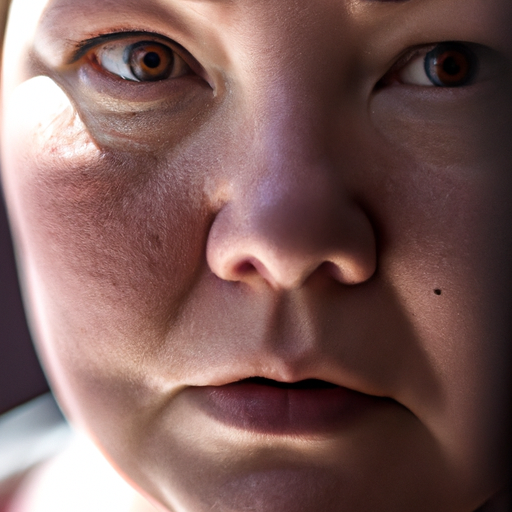As a doctor, I am often asked about the best time to moisturize the skin. Should it be done during the day or at night? The answer is not as straightforward as you might think. Both day and night moisturizing have their unique benefits, and understanding these can help you make an informed decision about your skincare routine.
Firstly, let’s delve into the science of our skin. Our skin follows a circadian rhythm, much like our sleep-wake cycle. During the day, it is in ‘defense mode’, protecting against environmental stressors such as UV rays and pollution. At night, it switches to ‘repair mode’, healing the damage incurred during the day and regenerating new cells. This natural rhythm of our skin has implications for when we should moisturize.
Daytime moisturizing is crucial because it helps to protect our skin from environmental aggressors. A good daytime moisturizer should ideally contain SPF to shield the skin from harmful UV rays, one of the leading causes of premature aging. It should also be lightweight and non-greasy to sit well under makeup and not clog pores. Moisturizing during the day helps to maintain the skin’s natural barrier function, preventing loss of moisture and keeping the skin hydrated and plump.
On the other hand, nighttime is when our skin is most permeable and receptive to skincare products. As we sleep, our skin’s blood flow increases, and its barrier function decreases, allowing for better absorption of active ingredients. Therefore, applying a moisturizer at night can help to replenish lost moisture and deliver essential nutrients to the skin. Night creams are typically more potent and thicker than day creams, containing higher concentrations of active ingredients like retinol, peptides, and hyaluronic acid that aid in skin repair and regeneration.
So, should you moisturize during the day or at night? The answer is both. Daytime moisturizing helps to protect your skin, while nighttime moisturizing aids in repair and regeneration. However, it’s not just about when you moisturize, but also what you use. It’s essential to choose a moisturizer that suits your skin type and addresses your specific skin concerns.
For instance, if you have dry skin, look for ingredients like hyaluronic acid and glycerin that are excellent at attracting and retaining moisture. If you have oily skin, opt for a lightweight, oil-free moisturizer that won’t clog your pores. If you have sensitive skin, avoid fragrances and harsh ingredients that can cause irritation.
In conclusion, the ideal time for moisturizing your skin is both day and night. The key is to understand the unique needs of your skin at different times of the day and choose a moisturizer that meets those needs. Remember, consistency is key in skincare. Regularly moisturizing your skin can help to maintain its health and vitality, keeping it soft, supple, and youthful-looking.
As a doctor, I recommend consulting with a dermatologist or skincare professional who can provide personalized advice based on your skin type and concerns. After all, every individual’s skin is unique, and what works best for one person may not work as well for another. With the right guidance, you can develop a skincare routine that keeps your skin healthy and radiant at any time of the day or night.



